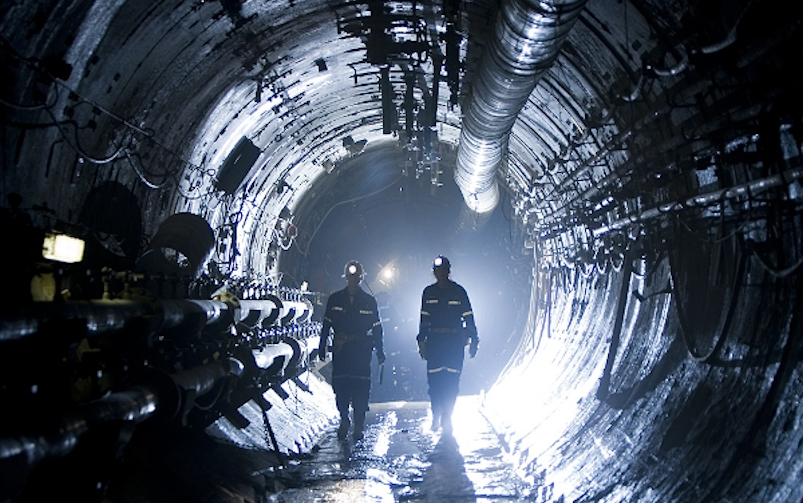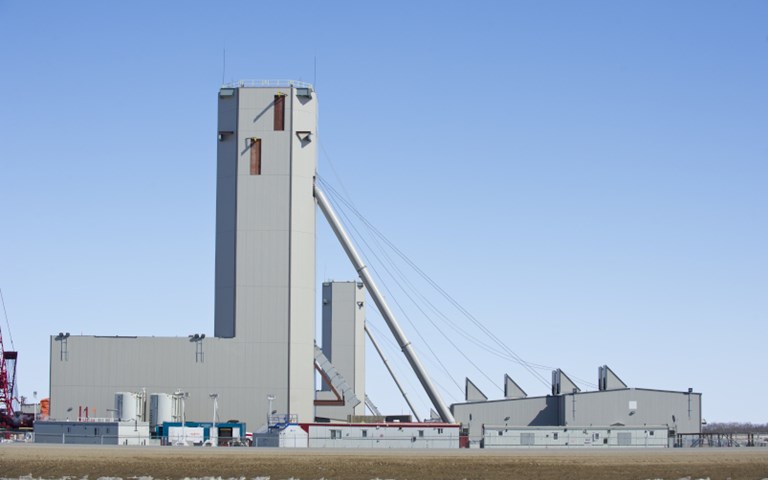BHP has deferred its decision on whether to restart the Jansen potash project to 2021. Courtesy of BHP.
On Aug. 18, BHP released its results for the first half of the 2020 fiscal year, recording lower profits and production figures due, in part, to the widespread effects of the COVID-19 pandemic.
BHP reported an underlying EBITDA of US$22.1 billion, a five per cent decrease from the 2019 fiscal year, and operational profits of US$14.4 billion, compared to US$16.1 billion last fiscal year. According to BHP, the decrease in profits was a result of lower prices, lower volumes, an increase in deferred stripping depletion at the company’s Escondida mine and an increase in the closure and rehabilitation provision for closed mines.
“BHP delivered a strong set of results for the 2020 financial year that reflect the strength, resilience and quality of our people and our portfolio,” said BHP CEO Mike Henry. “In a year marked by the challenges of the global COVID-19 pandemic, social unrest in Chile and commodity price volatility, we were safer, more reliable and lower cost.”
The company also announced that it would defer its decision on whether to proceed with the multi-billion Jansen potash project in Saskatchewan from early to mid-2021. According to the company, the delay is a result of initial challenges regarding shaft lining placement and impacts from the company’s COVID-19 response plan.
Related: Mechanical shaft sinking gathers momentum as new developments build on the experiences of the Jansen project in Saskatchewan
Capital costs are projected at US$5.3 to US$5.7 billion for stage one of its plan at Jansen and BHP stated that the project is 86 per cent complete. The company has already spent more than US$4 billion on construction at the project, including the sinking of two shafts last April, and has earmarked US$2.7 billion to complete shaft excavation and lining and continue installing surface infrastructure and utilities.
The company reported production of 109 million barrels of oil equivalent, a decrease of 10 per cent from 2019, and set its 2021 production guidance at 95 to 102 million barrels of oil equivalent, a projected decrease of between six and 13 per cent. According to the company, this was due to disruptions to global oil and gas markets and an expected lower average production volume in the medium-term.
Copper production fared slightly better, as the company recorded production of 1,724,000 tonnes of copper compared to 1,689,000 tonnes of copper produced last year, a decrease of two per cent. The company stated that record production at sites such as Caval Ridge and Escondida offset the impacts of poor weather, COVID-19 and more. The company also set its copper guidance for the 2021 fiscal year at 1,480,000 to 1,645,000 tonnes of copper produced, a projected decrease of five to 14 per cent.
BHP recorded US$7.6 billion in total costs, including US$740 million on exploration. The company also stated the impact from the ongoing COVID-19 pandemic for the fiscal year was US$348 million pre-tax, resulting from temporary shutdowns and lower production volumes at operations. This figure includes US$183 million which was spent on temporary relocation, screening and hygiene measures.



